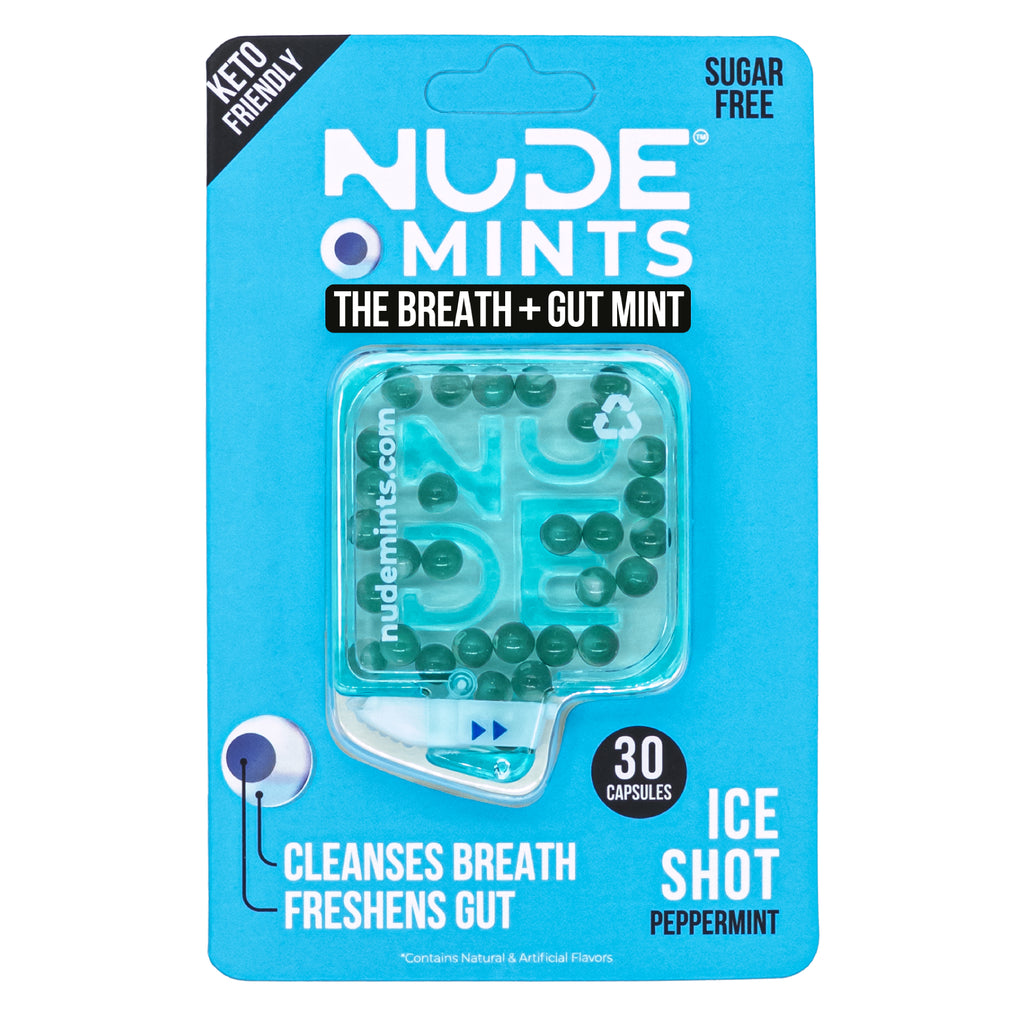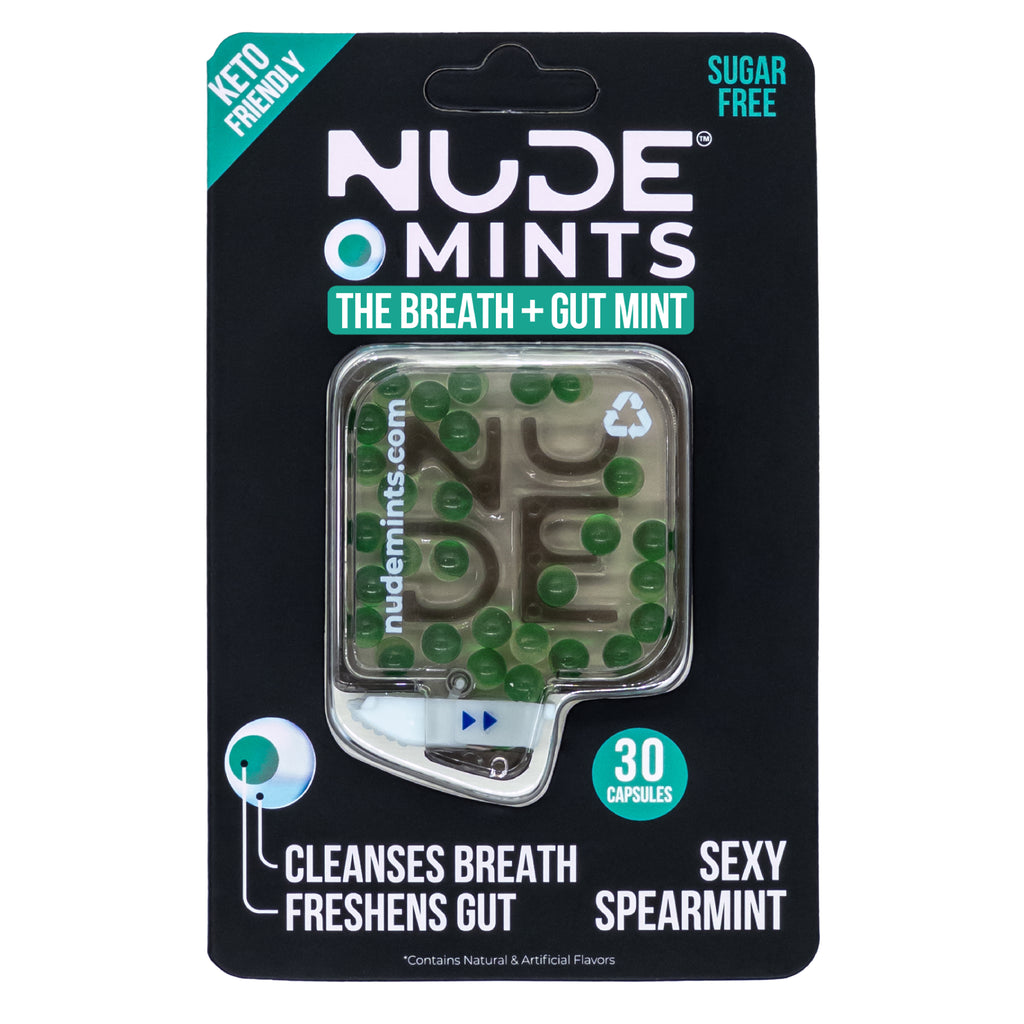How to Determine If You Have a Healthy Gut: Testing and Diagnosis
-
The human gut plays a crucial role in our overall health and wellbeing. The gut is responsible for digesting food, absorbing nutrients, and eliminating waste. Additionally, the gut houses trillions of microorganisms, collectively known as the gut microbiome, which play a crucial role in our immune system, mental health, and more. A healthy gut is essential for optimal physical and mental health. But how do you know if you have a healthy gut? In this article, we'll discuss the various tests and diagnoses that can help you determine if you have a healthy gut.
Understanding the Gut Microbiome
Before we dive into testing and diagnoses, it's essential to understand the gut microbiome. The gut microbiome is a complex community of microorganisms that reside in the digestive tract. These microorganisms include bacteria, viruses, fungi, and protozoa, all of which play a vital role in our health. The gut microbiome helps to digest food, absorb nutrients, and eliminate waste. It also helps to regulate our immune system and plays a role in our mental health.

Signs of an Unhealthy Gut
There are several signs that indicate an unhealthy gut. These include:
Digestive Issues
If you're experiencing frequent digestive issues such as bloating, gas, diarrhea, or constipation, it could be a sign of an unhealthy gut.
Food Intolerances
Food intolerances are also a sign of an unhealthy gut. If you're experiencing frequent food intolerances, it could be a sign that your gut is not functioning properly.
Skin Issues
Skin issues such as acne, eczema, or rosacea can also be a sign of an unhealthy gut. This is because the gut and the skin are closely connected.
Mood Disorders
The gut-brain axis is a communication network between the gut and the brain. If the gut microbiome is disrupted, it can lead to mood disorders such as anxiety and depression.
Tests for Gut Health
If you're experiencing any of the above signs, it's essential to get tested for gut health. There are several tests available that can help determine the state of your gut microbiome. These include:
Stool Test
A stool test is a simple test that involves collecting a sample of your stool and analyzing it for the presence of harmful bacteria, parasites, or viruses. The stool test can also reveal the state of your gut microbiome and identify any imbalances.
Breath Test
A breath test is a non-invasive test that involves drinking a sugar solution and then breathing into a collection bag. The test measures the levels of hydrogen and methane gas in your breath, which can indicate the presence of certain bacteria in your gut.
Blood Test
A blood test can also be used to determine the state of your gut health. The blood test can measure the levels of inflammation in your body, which can be a sign of an unhealthy gut.
Diagnosis of Gut Health
Once you've completed the tests, your healthcare provider can use the results to diagnose your gut health. There are several diagnoses available, including:
Dysbiosis
Dysbiosis is a condition where there is an imbalance in the gut microbiome. Dysbiosis can lead to a range of health issues, including digestive issues, food intolerances, and mood disorders.
Small Intestinal Bacterial Overgrowth (SIBO)
SIBO is a condition where there is an overgrowth of bacteria in the small intestine. SIBO can lead to digestive issues, malabsorption of nutrients, and other health issues.
Leaky Gut Syndrome
Leaky Gut Syndrome is a condition where the lining of the gut becomes permeable, allowing toxins and bacteria to enter the bloodstream.
Inflammatory Bowel Disease (IBD)
IBD is a chronic inflammatory condition that affects the digestive tract. IBD can lead to a range of symptoms, including abdominal pain, diarrhea, and weight loss.
Improving Gut Health
If you've been diagnosed with an unhealthy gut, there are several steps you can take to improve your gut health. These include:
Diet Changes
Changing your diet can have a significant impact on your gut health. Focus on eating a diet rich in fiber, whole grains, and fermented foods. Avoid processed foods, sugar, and artificial sweeteners.
Probiotics
Probiotics are beneficial bacteria that can help improve gut health. Probiotics can be found in supplements or fermented foods like yogurt, kefir, and sauerkraut.
Stress Reduction
Stress can have a significant impact on gut health. Try to reduce your stress levels by practicing meditation, yoga, or deep breathing exercises.
Conclusion
The gut plays a crucial role in our overall health and wellbeing, so it's important to get tested and diagnosed by a healthcare provider. Once diagnosed, you can take steps to improve your gut health, such as diet changes, probiotics, prebiotics, and stress reduction. In addition to traditional methods, remedies such as Nude Mints can also aid in improving gut health. By making diet changes, taking probiotics and prebiotics, reducing stress, and incorporating remedies, you can help promote a healthy gut and improve overall health.
Ready to boost your gut health? Try Nude Mints, the convenient way to improve your digestion and support a healthy gut microbiome. With their unique blend, Nude Mints are the perfect addition to any gut-healthy lifestyle. Order now and feel the difference!
Get the freshest news on your favorite mouth cleanser and gut freshener!
Read More
-
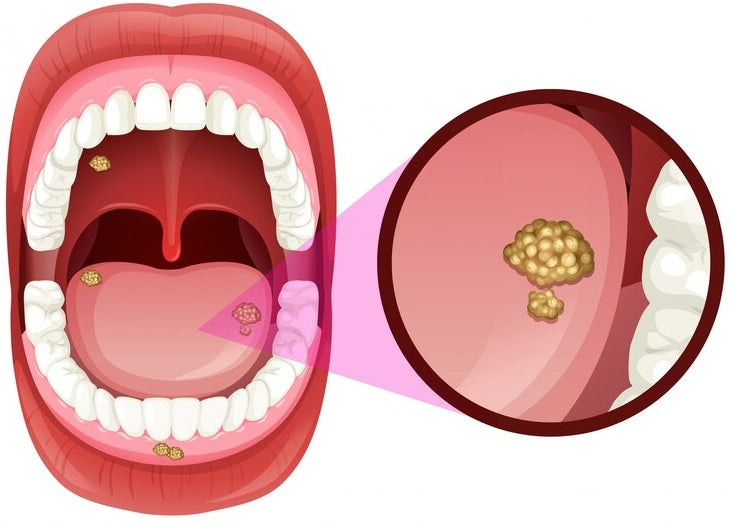
Halitosis: Understanding the Causes, Diagnosis, and Treatment for Fresh Breath
Halitosis, commonly known as bad breath, is a condition that affects a large number of people worldwide. It can be an embarrassing and isolating experience, but it is important to know that it is a common problem and that there are effective treatments available. In this article, we will discuss the causes, diagnosis, and treatment of halitosis. Causes of Halitosis Halitosis can have several causes, both internal and external. The most common causes include poor oral hygiene, dry mouth, certain foods and drinks, smoking, and certain medical conditions. Poor Oral Hygiene Poor oral hygiene is the most common cause of halitosis. When food particles and bacteria build up in the mouth, they can cause an unpleasant odor. Brushing and flossing...
-

Crucial Connection Between Nutrition and Oral Health: Guide for Better Dental Care
As a dental health professional, we understand the importance of maintaining good oral hygiene to prevent cavities and gum disease. Brushing twice a day and flossing daily are essential habits, but did you know that nutrition also plays a crucial role in keeping your mouth healthy? In this article, we will explore the connection between nutrition and oral health and how you can make better food choices to support your dental health. How Nutrition Affects Oral Health Your diet can impact your oral health in many ways. A diet high in sugary and acidic foods can increase the risk of tooth decay and gum disease. When you eat sugary foods, the bacteria in your mouth feed on the sugar and...
-
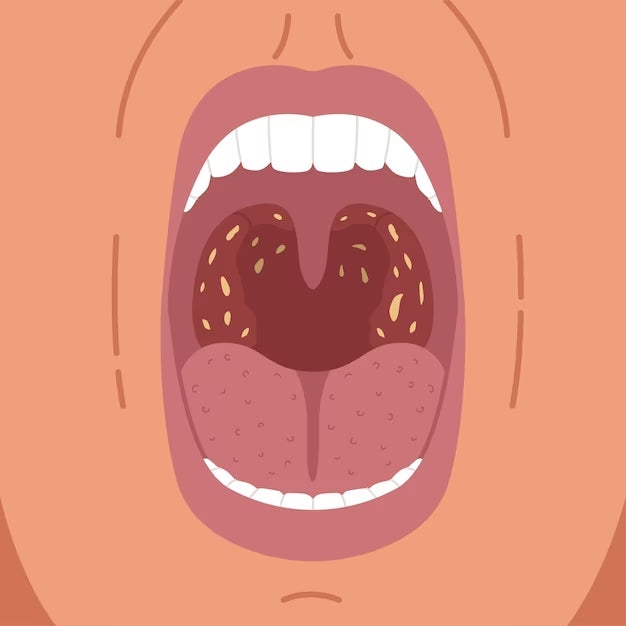
How to Treat Bad Breath Caused by Dry Mouth
Do you ever feel self-conscious about your breath? Do people avoid talking to you because of bad breath? Dry mouth, also known as xerostomia, can cause bad breath and make social interactions uncomfortable. In this article, we will discuss what causes dry mouth, how it leads to bad breath, and what you can do to treat it. Table of Contents What is dry mouth? Causes of dry mouth How dry mouth causes bad breath Signs and symptoms of dry mouth Diagnosis of dry mouth Treating dry mouth Home remedies for dry mouth Professional treatments for dry mouth Tips for maintaining oral hygiene Foods and drinks to avoid with dry mouth Conclusion FAQs What is dry mouth? Dry mouth occurs when...
-
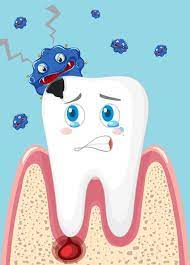
The Relationship Between Diabetes and Gum Disease: Understanding the Link
Diabetes and gum disease are two conditions that may seem unrelated, but research has shown that they are actually closely linked. In fact, individuals with diabetes are more likely to develop gum disease, and those with gum disease are more likely to have difficulty controlling their blood sugar levels. This article will explore the connection between diabetes and gum disease, and provide insights on how you can reduce your risk of developing both. The Relationship Between Diabetes and Gum Disease Diabetes is a condition that affects the body's ability to produce or respond to insulin, a hormone that regulates blood sugar levels. When blood sugar levels are consistently high, it can lead to a range of health complications, including nerve...

